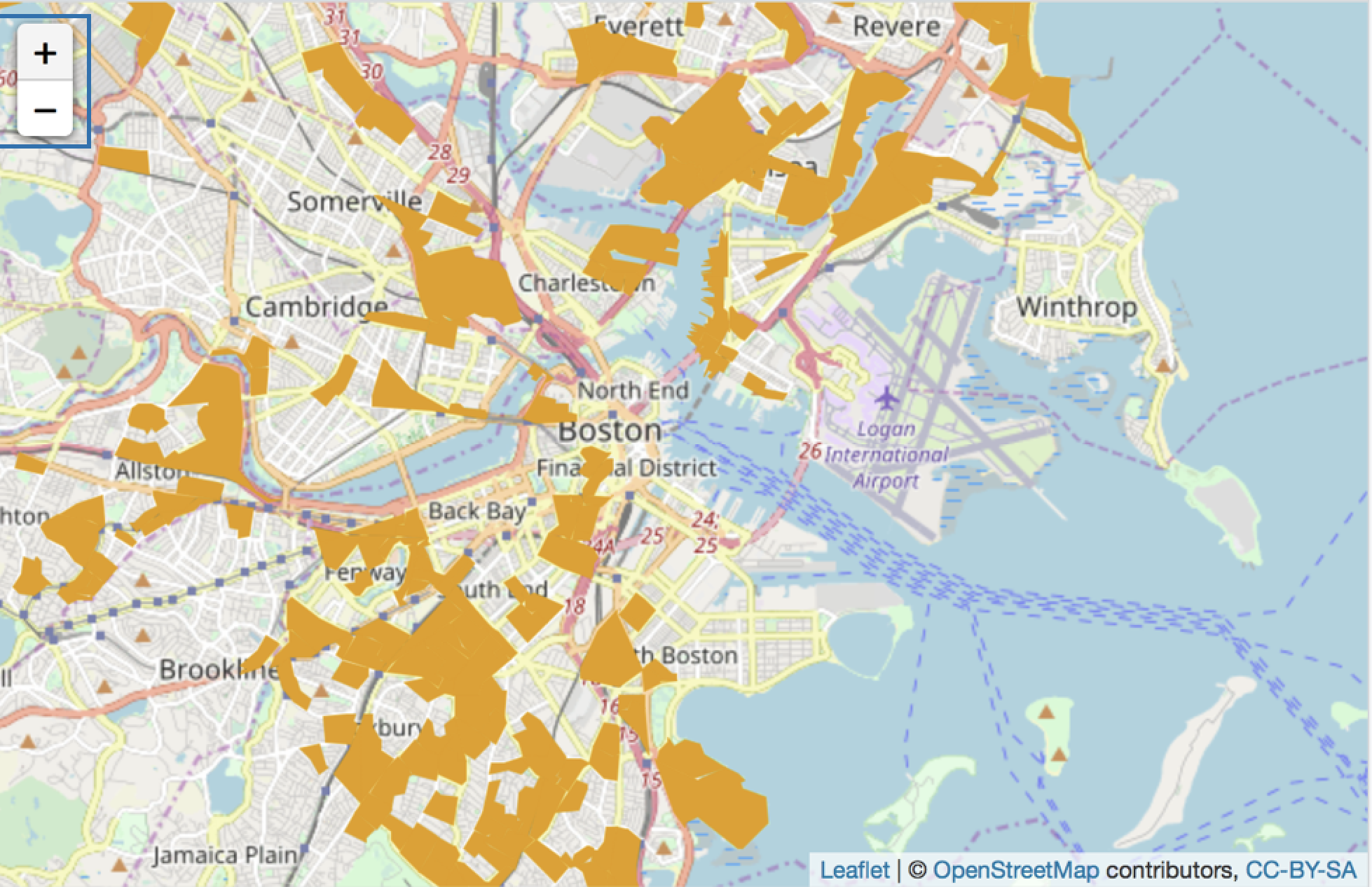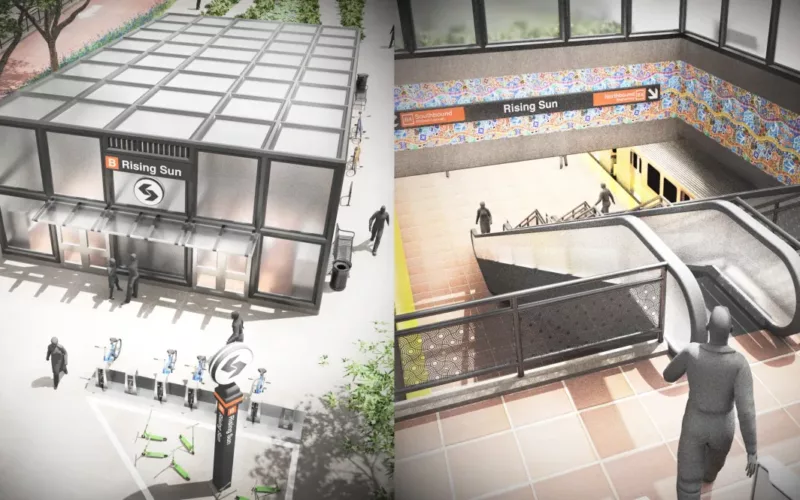
Transit systems release a staggering amount of data. But without a background in programming sometimes it’s difficult to know how to make sense of it, much less put it to use. But fear no more – TransitCenter is pleased to announced the release of the Open Transit Data Toolkit, a series of interactive lessons to teach people how to use open transit data. This project was completed by The Nature of Cities with funding from TransitCenter.
Everyday, transit systems across the United States release volumes of schedule, real-time vehicle location, and passenger boardings data. These data are published online by transit agencies like New York City Transit, Massachusetts Bay Transportation Authority and the San Francisco Municipal Transportation Agency. Much of the data is presented in raw format, which allows maximum flexibility for those that want to explore the data sets, but this can be a barrier for those who are inexperienced in the world of data.
The Open Transit Data Toolkit aims to bring down these barriers, making transit data sets more accessible to all. Transit advocates, agency staff, policy makers, researchers, and anyone else interested in diving into transit data can begin their journey with the lessons contained in the toolkit.
The lessons invite users to play around with subway turnstile data, headway and speed data and ridesharing usage surveys, among others. Along the way, users will become familiarized with data analysis and statistical tools such as R to better understand ridership patterns and service characteristics at transit agencies, or any agency that provides open data. Should you run into trouble, the site has a forum for questions.
People can take what they learn to track transit performance over time, to make the case for new or expanded service. “More analysis of transit data leads to more informed and equitable decision making on transit issues,” explained the site’s mastermind, Raymond Cha. “While the collection of ten tutorials cannot teach someone to be a professional programmer or data scientist, the toolkit provides an introduction on where to get transit data, strategies for data wrangling and analysis, and finally how to visualize findings.”
Data is only good as far as its utility – and the open data transit toolkit expands the range of users able to make something meaningful with it. Check it out for yourself!

 On the Brink: Will WMATA’s Progress Be Erased by 2024?
On the Brink: Will WMATA’s Progress Be Erased by 2024?
The experience of being a WMATA rider has substantially improved over the last 18 months, thanks to changes the agency has made like adding off-peak service and simplifying fares. Things are about to get even better with the launch of all-door boarding later this fall, overnight bus service on some lines starting in December, and an ambitious plan to redesign the Metrobus network. But all of this could go away by July 1, 2024.
Read More To Achieve Justice and Climate Outcomes, Fund These Transit Capital Projects
To Achieve Justice and Climate Outcomes, Fund These Transit Capital Projects
Transit advocates, organizers, and riders are calling on local and state agencies along with the USDOT to advance projects designed to improve the mobility of Black and Brown individuals at a time when there is unprecedented funding and an equitable framework to transform transportation infrastructure, support the climate, and right historic injustices.
Read More